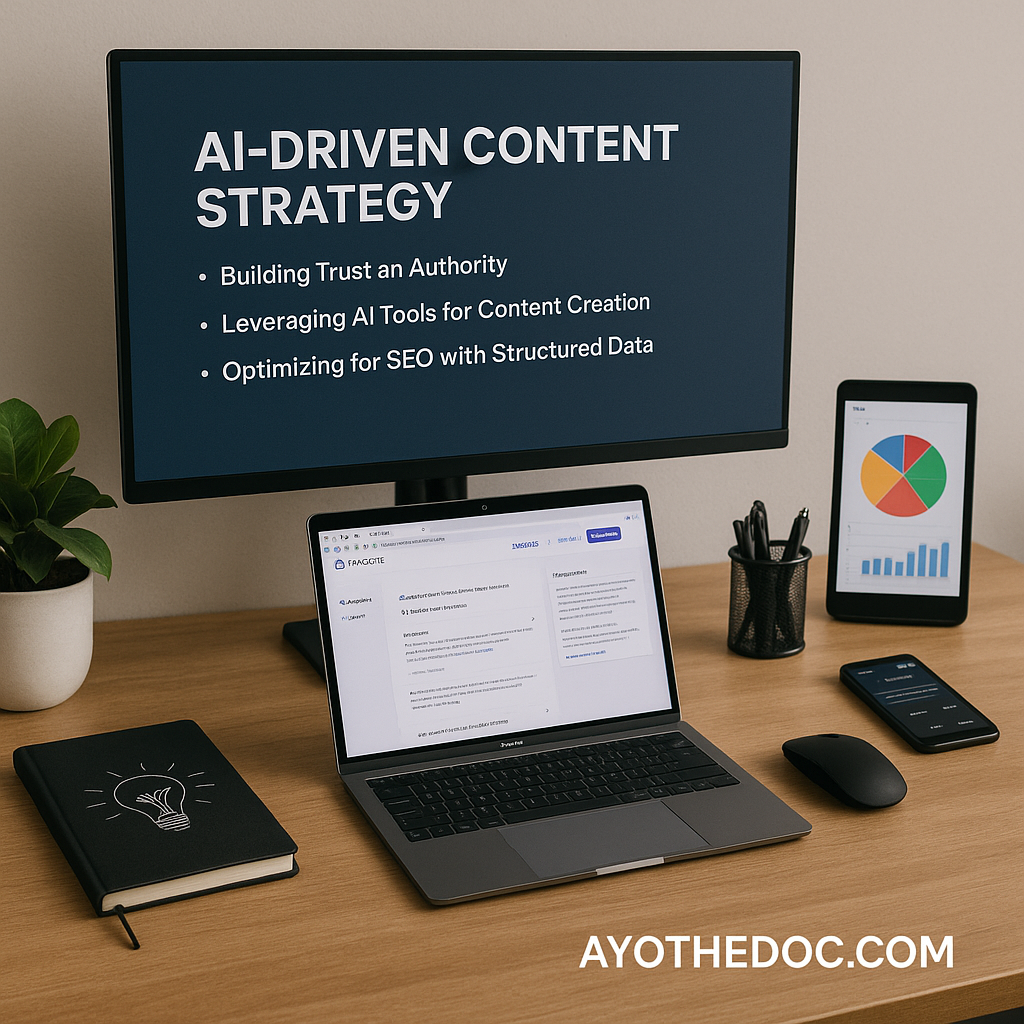Content Marketing in the Age of AI Answer Engines: Navigating Day-to-Day Business Implications
Let’s chat about how AI Answer Engines are shaking up content marketing and what that means for your day-to-day business. It’s a big shift, but also full of exciting opportunities.

At its core, the internet is changing how people find information. Instead of clicking through a list of “ten blue links,” AI Answer Engines like Google’s SGE, ChatGPT, and Perplexity are giving users direct, synthesized answers right on the search results page. This means users often get what they need without ever visiting your website – a phenomenon called “zero-click” searches.
So, what’s the immediate impact on your business?
On the challenging side: You might see a decrease in direct organic website traffic. Your valuable content could be used by AI to answer queries, but you might not get the direct click-through credit. There are also concerns about maintaining your unique brand voice when using AI tools, ensuring accuracy, and navigating the sheer volume of new AI tools out there.
But here’s the truly captivating part, and it’s a game-changer for daily operations: While direct website traffic might decline, some businesses are actually reporting increased revenue! This is because the customer journey is essentially “inverted”. AI is doing a lot of the heavy lifting in the discovery and consideration phases, pre-qualifying users before they even land on your site. When they
do click through, they’re often much further along in their decision-making process, making them higher-intent, more conversion-ready leads. Your website then becomes more of a transactional hub – the place for checkout, contact, or final conversion. This means your content’s job shifts from just generating clicks to building deep brand authority and trust within the AI’s knowledge base, which then drives more qualified visitors.
For your day-to-day content strategy, this means focusing on:
- Building Trust and Authority (E-E-A-T): Google and AI prioritize content from credible sources. This means showcasing your real-world experience, deep expertise, authoritativeness in your field, and overall trustworthiness. Think detailed author bios, case studies, and meticulously fact-checked content.
- Crafting AI-Friendly Content: Your content needs to be easily digestible for AI. This involves providing direct answers to common questions, using clear and concise language, structuring content with proper headings (H1, H2, H3), and using bullet points and lists. FAQs are gold!
- Leveraging Technical SEO & Structured Data: This is how you explicitly tell AI what your content is about. Using schema markup (like
FAQPageorHowTo) helps AI understand your content’s context and makes it eligible for rich search features. - Embracing Multimodal Content: AI understands more than just text. Include high-quality images, videos, charts, and infographics. Even providing video transcripts with timestamps can be incredibly valuable for AI to parse your content.
- Looking Beyond the Click: Diversify your online presence beyond just Google. Focus on building overall brand awareness and trust across social media, email, and other channels. And remember to track conversions and “brand lift” (how much your brand awareness increases) alongside traditional traffic metrics.
Ultimately, AI is a powerful co-pilot, helping you with efficiency in tasks like research and drafting. But the human touch – your unique insights, creativity, and ability to connect authentically with your audience – remains your ultimate differentiator. It’s about using AI to amplify your human-driven efforts, not replace them.
This is a dynamic landscape, so continuous monitoring and adaptation are key to staying ahead!
